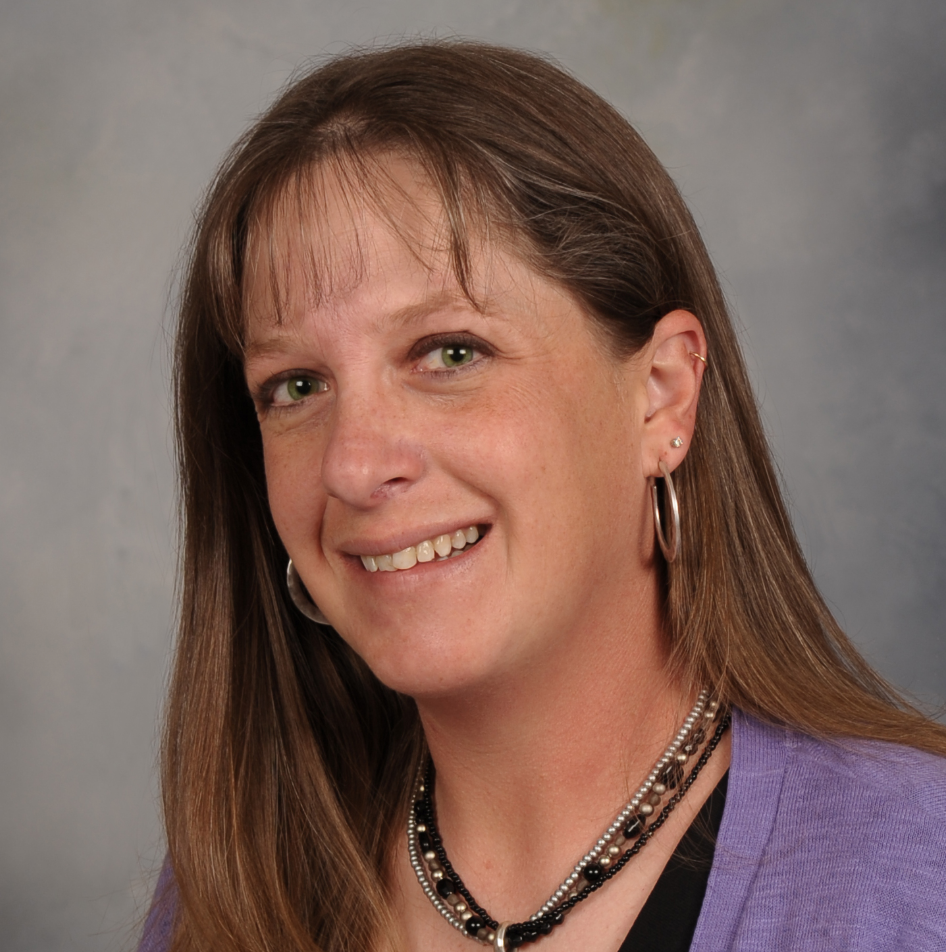
Soil tests are a valuable tool that many home gardeners don’t utilize.
“Most gardeners think that soil tests are done only to find out what nutrients are deficient,” said Kansas State University horticulture expert Ward Upham. “However, it is just as important to know if you have adequate levels of nutrients so you don’t add unneeded fertilizer.”
Upham said soil testing not only saves money from adding excess to the garden, but also helps plants thrive by balancing nutrients and helps the environment by limiting fertilizer pollution. He urges gardeners to take a soil test this spring if one hasn’t been done in several years.
How to Perform a Soil Test
Upham said gardeners will need a clean plastic bucket, a soil probe and a trowel.
“The first step in taking a soil test is planning where the samples will be taken,” he said.k “Samples should be taken from several dry areas in the garden or lawn.”
Then, according to Upham:
· Dig 6-8 inches deep in the soil.
· Take eight sub-samples from the same area.
· Mix sub-samples together in a clean container.
· From the mixed sub-samples, select 1 pint of soil.
· Leave your sample to air-dry.
“After you have all your samples, take your soil to your local K-State Research and Extension office and pay a fee to have it tested at the soil lab,” Upham said.
For more detailed instructions, visit K-State's department of agronomy’s page dedicated to soil test.
What a Test Does and Does Not Tell You
According to Upham, soil tests will indicate the pH levels and presence of phosphorus and potassium – common ingredients in fertilizer. The test can also identify other nutrients, if desired.
“Though soil tests are useful for identifying nutrient deficiencies and soil pH, they do not tell the whole story,” Upham said. “We often receive soils from gardeners that are having a difficult time growing crops even though the soil test shows the pH is fine and the nutrients are not deficient.”
If plants are still not thriving after adequate soil test results, Upham said some reasons my include not enough sun, lack of organic matter in clay soil, excessive or improper watering, nearby herbicide-producing walnut trees, nearby tree roots, or shallow soils.
Alicia Boor is an Agriculture and Natural Resources agent in the Cottonwood District (which includes Barton and Ellis counties) for K-State Research and Extension. You can contact her by e-mail at aboor@ksu.edu or calling 620-793-1910. K-State Research and Extension is a short name for the Kansas State University Agricultural Experiment Station and Cooperative Extension Service, a program designed to generate and distribute useful knowledge for the well-being of Kansans. Supported by county, state, federal and private funds, the program has county Extension offices, experiment fields, area Extension offices and regional research centers statewide. Its headquarters is on the K-State campus in Manhattan.



